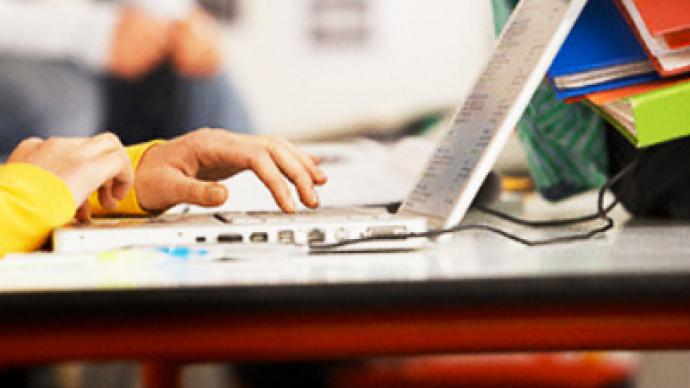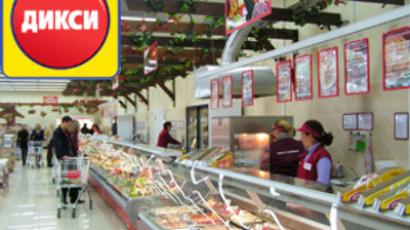MBA programs in Russia lose ground but global MBA's remain in demand.

The number of students applying for MBA courses in Russia has fallen by up to 60 per cent, according to a report in Russian business daily, Vedomosti. But an investigation by RT finds the story a little more complex.
The economic downturn and currency volatility is being blamed for the drop off, with experts pointing to the increased cost of global MBA’s in Rouble terms, as well as the duration of the programs – meaning that even where potential students do have the funds to support themselves through courses, which can last up to 2 years, now, there is considerable uncertainty over the longer term.
But, Nataliya Matusova, managing director at the Moscow office of leading global recruitment agency, Kelly Services, says short–term business programs are rising in popularity.
”The number of applicants for MBA programs has really shrunk but at the same time, so called short-term business programs have gained popularity among those who are seeking a quick way out. Survive the quickest, as Charles Darwin said many years ago. So people today with more spare time and less money, are turning to short-term business courses, mostly in anticrisis management and strategic planning, It's the perfect time to invest into intellect, but better at a lower price.”
Despite the downturn in applications for MBA’s, the rector of Institute of Business Studies – Moscow, of the Academy of the National economy, Sergey Myasoedov says he is expecting demand to rise again when the economy rebounds – possibly in less than a year.
”It's natural that in times of depression, when the economy reaches its bottom and what we actually have this spring, people become more cautious and choose to economize on everything. But in a year or even earlier our economy will start recovering, leading to a higher demand for MBA programs.”
Speaking with RT, Myasoedov also stressed that despite the surge in interest in short business courses, better quality MBA programmes are likely to be better long term value.
“Today people either put off mastering their business skills or choose worldwide brands as London Business School or Stanford Graduate School of business. And it's logical, because world known names offer far better quality of education focusing on “pro-cycle provisioning”, that is teaching to foresee the coming economic cycle and operate efficiently in it. While short-term business programs act as food from McDonalds: you are full shortly after your meal but in an hour or so you feel hunger again. Well, it gives you the fake feeling of the problem being solved and doesn't decide it fundamentally.”
This approach is being borne out by the experience of major European business schools. Paul Healy, Marketing Manager from Manchester Business School, says they are experiencing a demand boom, with applications from Eastern Europe, spiralling.
“There are now 40% more people putting themselves forward to passing that test that will get them to a Business School. Most of the European schools have a 25% increase this year for MBA applications across the World. About 50% of applications are for European schools and around 25% – in the US. So these dominate the applications. After that we see increasing interest from Eastern European countries especially Kazakhstan, Romania and Bulgaria.”
Healy adds that with regard to Russian applicants in particular the Manchester Business School has seen a rise in applications for the full time program.
“We started marketing heavily into Russia about 3 or 4 years ago and we have seen increasing number of applicants from there. We have about 9 Russian applicants this year for the full – time program and the average number is from 6 to 9 – that is what we had for the last three years.”
Healy concluded by noting that Russian applicants for MBA programmes are distinctive in terms of the experience they are bringing to their further education, and also their longer term outlook.
“What is particular about Russian applicants is that they are very experienced in their own industry, in the Russian market. They may have some exposure at the moment into national market and they want to grow these areas. Any time I talk to them, they say the only way to grow in their current position is to go to the International Business School. Now they want to work for some international companies rather than being fixed to Russian ones.
Enterpreneurship has become the most popular area. Half of the people I talked to said they wanted to have their own business, to work for themselves. And that is the biggest growth in our program, in all MBA programs. People now are planning their future for 10 years in advance.”













